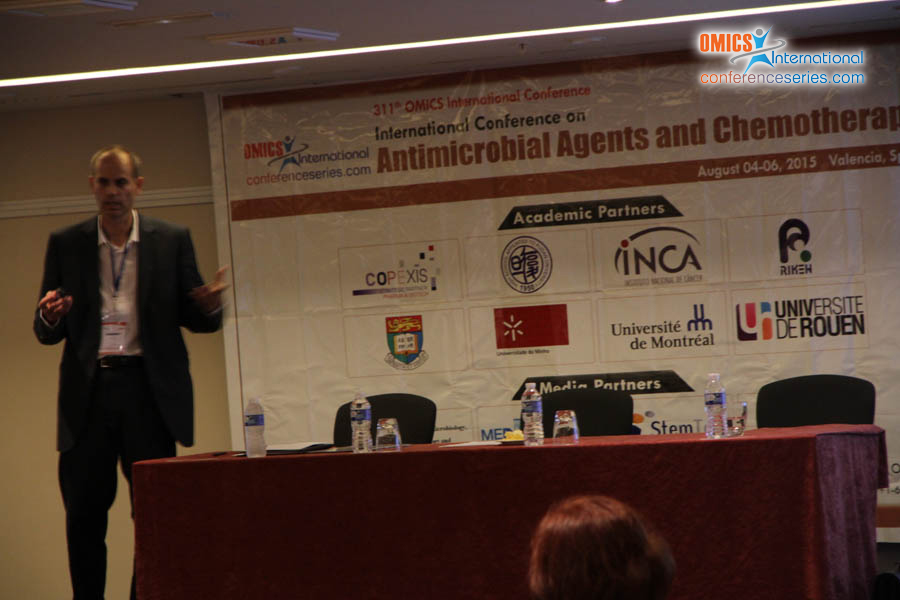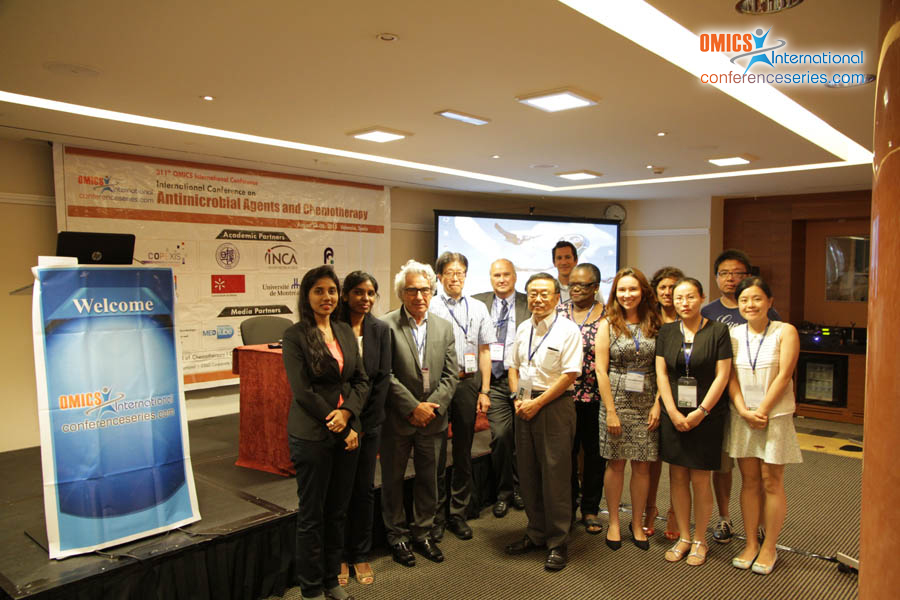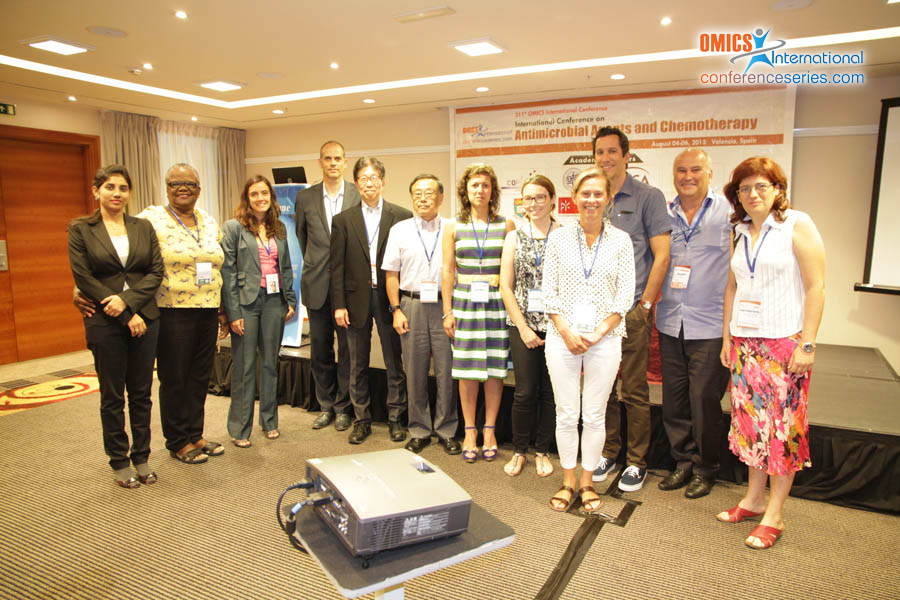
Biography
Biography: Dirk Buscher
Abstract
Gene Therapy approaches to fight cancer has seen promising results within the last few years, utilizing different strategies. A rather old approach is the use of oncolytic viruses (Virotherapy). Virotherapy started at the beginning of the twentieth century after the occasional observation of transient clinical remission during viral infections in cancer patients. In an initial phase almost every newly-discovered virus was injected into tumors. Later, during the 1950s and 60s, only viruses displaying natural tumor tropism were selected. Lack of clear clinical results led to virotherapy being abandoned; however increased knowledge in virology has prompted a more rational use of specially-designed viruses and a revival of this technology. Oncolytic adenoviruses are promising anticancer agents due to their ability to recognize tumor cells, infecting both dividing and non-dividing cells and selectively self-amplify inn tumor cells. After an initial infection and viral replication cancer cells are lysed and virus progeny is released, resulting in an infection of neighboring cancer cells. Theoretically infection and replication can continue until the whole tumor mass is eradicated. However the stromal structure often limits an effective spreading. Virus may also reach distant metastases by entering the blood stream. Another limitation for the spreading and body-wide distribution is the pre-existing/induced immune response against an oncolytic virus. We currently test in phase I clinical trials an oncolytic adenovirus expressing a stromal degrading enzyme, which will hopefully shed more light on its usefulness and /or limitations.



